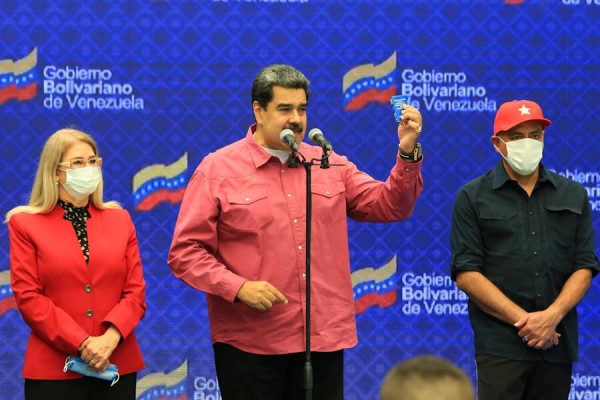Canada, China, and our common futures
Two China observers express concerns about the criticism heaped on former judge and Vancouver city councillor Bill Yee

Retired judge and former Vancouver city councillor Bill Yee came under devastating criticism for comments he reportedly made about Xinjiang in northwestern China. Photo courtesy the Chinese Canadian Museum.
The recent episode arising from comments made by retired judge Bill Yee regarding Xinjiang and the reaction from a group of thirteen Chinese Canadians should concern all people living on the unceded ancestral territories of First Nations—now called “British Columbia.”
We cannot align ourselves with the point of view of Mr. Yee if, as reported, he suggested that all is well in Xinjiang. As shrouded as the issue is by the propaganda mills of the United States and Chinese governments, enough evidence exists to warrant serious concern.
We are also disturbed by the vitriolic campaign launched by the group of thirteen against Mr. Yee. Their open letter to Premier John Horgan went far beyond a difference of opinion and engages in what we can only describe as the politics of demonization.
Their letter derides Mr. Yee as a “genocide-denier,” “tyranny-defender,” “anti-Canada,” acting as a “PRC [People’s Republic of China] proxy,” and spreading “CCP [Chinese Communist Party] lies.” Despite years of community work, Mr. Yee, it would appear, is the devil incarnate.
According to the group’s open letter to Premier Horgan, the criteria for choosing advisers should be based on “one’s track record of allegiance to Canada, upholding Canadian values of human rights and justice, providing independent opinion on community issues rather than becoming a mouth-piece for a foreign regime.”
Invoking “allegiance to Canada” and “Canadian values” in their arguments is a slippery slope. For good reason many people have spurned allegiance to Canada—the Métis rebels Gabriel Dumont and Louis Riel, or the Tsilhqot’in warrior Lhatŝ’aŝʔin (Klatsassin) who declared war on British Columbia in defence of his land—they were all rebels who spurned “Canada.”
Demonization and appeals to nationalism are unhelpful and can’t help but remind us of the postwar McCarthy campaigns that targeted not only communists but anyone deemed to not reflect American values, ending in the persecution of noted African Americans such as Paul Robeson, W.E.B. DuBois, Louis Armstrong, and Josephine Baker, not to mention Chinese Americans and LBGTQ communities.
Closer to home, the anti-communist campaigns of the 1950s targeted the former diplomat and historian, Herbert Norman, who committed suicide in the wake of allegations not dissimilar to those being wielded by the group of thirteen. Nor should we forget the left-wing leaders of the BC unions, such as Harold Pritchett, who were vilified and hounded in a witch hunt within the labour unions in this province. Or the late Paul Lin and his family who faced persecution at the hands of the CIA and Vancouver media upon returning from China in 1960.
Are we next?
We, like many others, have called for the release of Meng Wanzhou as well as the two Michaels. We also feel that the resolution passed by the Canadian parliament on February 22 branding China for committing genocide against the Uyghur population in Xinjiang was inappropriate, conflating all the China-related conflicts ranging from Hong Kong, to Tibet, to Xinjiang and the Falun Gong in order to demonize the Chinese government. It was a well-organized and successful campaign but one that reinforced the imperial agendas of Donald Trump and Conservative leader Erin O’Toole, whose anti-China campaigns aim at reviving the fortunes of an imperial ‘West’ against the rest.
Liberal regimes, such as Canada’s, are just as capable of committing genocide as are more authoritarian regimes such as China. The problem is one of power and its abuse—whether it derives from racial capitalism, patriarchy, settler colonialism or Stalinism.
Today, the world faces a terrible pandemic, the deepening and disastrous effects of climate change, and an increasing danger of global war. We need cooperation—yes, even with China—not mud-slinging and sabre rattling.
We are concerned about Xinjiang and welcome ongoing investigations to determine what is actually happening and what might be done. But we should align ourselves with emancipatory goals, and not fall into the trap of demonization or reinforcing the conservative agenda of reviving a declining, imperial ‘West’ against the rest.
John Price is professor emeritus of history (University of Victoria) and author of A Woman in Between: Searching for Dr. Victoria Chung. Margaret McGregor is a family physician in Vancouver. She lived in Beijing for two years as part of the first Canada-China student exchange (1973-1975).
This article originally appeared in the Georgia Straight.










